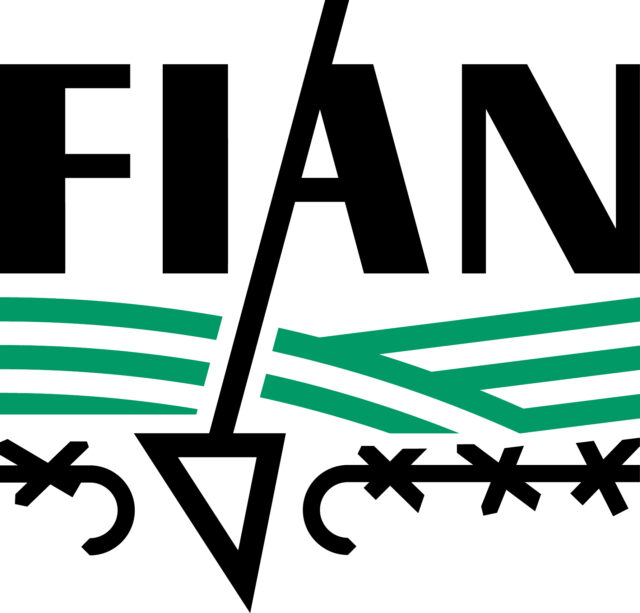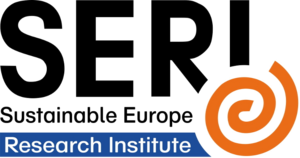Retrospective
No bioeconomy without agro-ecology, planetary boundaries and right to food as guard rails
In his opening remarks, the panel’s moderator, Peter Gerhardt (denkhausbremen), already addressed some of the neglected problems of the bioeconomy, including the missing focus on resource consumption reductions, insufficient funding for multi-stakeholder initiatives and a lack of channels for the voices of rights-holders to be heard.
The first panelist, Dr Joachim H. Spangenberg (Scientific Advisory Council of BUND) went on to address other key issues from both an environmental and scientific perspective. These included land use competition, the lack of implementation of the food-first principle and sustainable production practices such as agroecology instead of genetically modified plants.
Morgan Ody (Confédération Paysanne / La Via Campesina), put particular focus on the neo-colonial situations of exploitation between the Global North and South. In her view, the South’s primary role was biomass export, whilst industrial processing was located in Europe. She said that bioeconomy strategies were mainly devised for rich people in the Global North, whose resource consumption would have to be taxed.
Jutta Kill (World Rainforest Movement) drew the attention to the deforestation and landgrabbing issue as a consequence of the current orientation of the bioeconomy. In her view, the inherent agro-industrial model fuelled corporate control over community land. She said that tree plantations by European (oil) companies to generate emission rights had led to displacement and reduced food production.
Following this statement, there was a lively debate with the audience on the systematic deficits of the bioeconomy at the expense of human rights, water and land resources and biodiversity. The unanimous opinion of the panel and certainly also of many of the 140 participants was that without remedying these deficits the bioeconomy would remain a green-coloured false solution.
Panelists
Moderators & Panelists
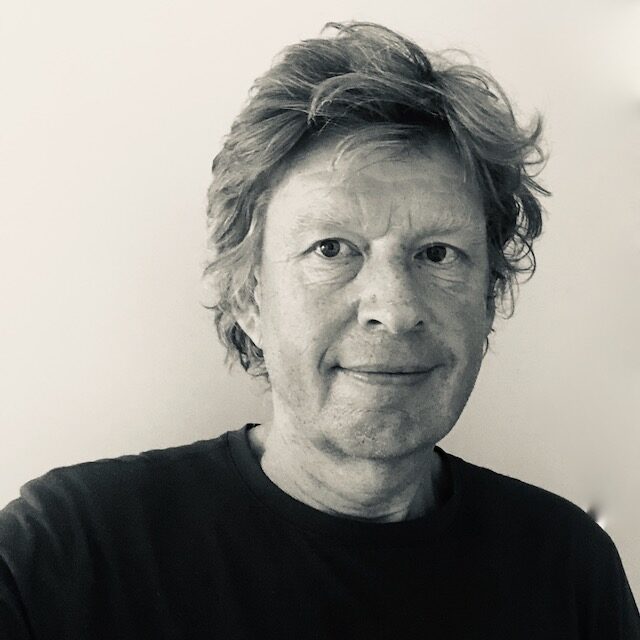
Peter Gerhardt
Politischer Geschäftsführer
denkhausbremen
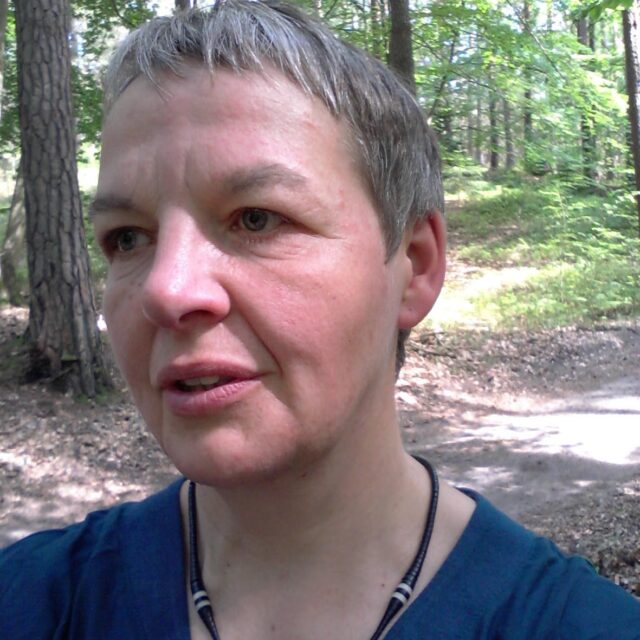
Jutta Kill
Freie Mitarbeiterin
World Rainforest Movement
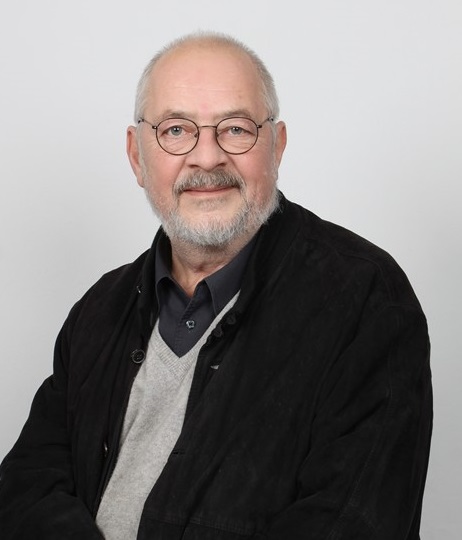
Joachim H. Spangenberg
Vorsitzender des Wissenschaftlichen Beirats
Bund für Umwelt und Naturschutz Deutschland (BUND)

Morgan Ody
General Coordinator
General Coordinator of La Via Campesina




